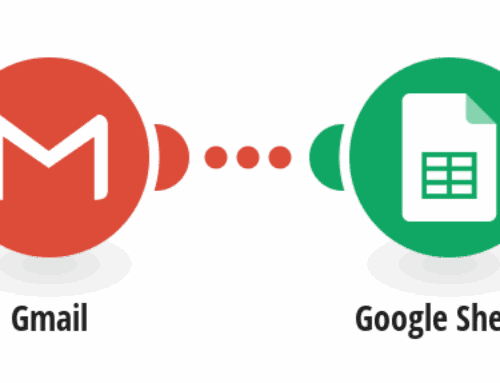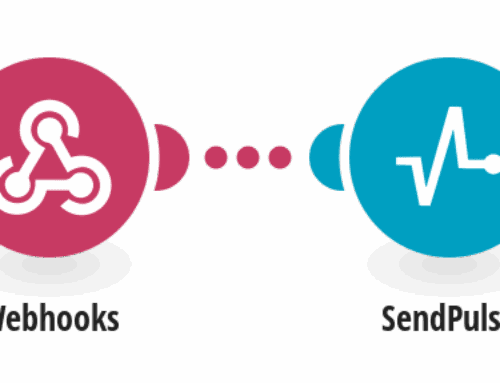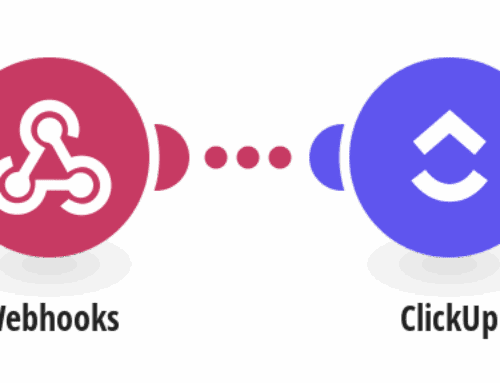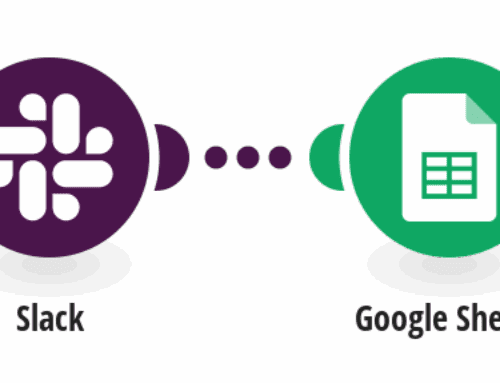How to Personalize Introduction Messages with ChatGPT for New HubSpot CRM Leads
Understanding the Importance of Personalization in Lead Communication
Personalization is not just a buzzword; it’s a crucial element in effective communication with potential leads. In today’s fast-paced digital world, businesses must stand out, and personalized messages are one way to do it. When you tailor your communication, it resonates more with your audience, making them feel valued and understood.
The impact of personalization goes beyond initial impressions. It can significantly increase engagement rates and conversion possibilities. Personalized messages help in building a stronger relationship with your leads, setting a tone of mutual trust and respect. It’s like meeting someone new and remembering their name; it makes all the difference.
Leveraging AI: Why Use ChatGPT for Personalization?
Artificial Intelligence has revolutionized many industries, and marketing is no exception. ChatGPT by OpenAI offers a unique opportunity to automate and enhance the personalization process. This AI model excels at generating human-like text, which is crucial for crafting messages that don’t feel robotic.
Using ChatGPT allows businesses to scale personalization efforts without sacrificing quality. It can analyze lead data and adjust the message content accordingly, ensuring that each interaction feels tailored and relevant. Think of it as having an assistant that crafts the perfect message every time, without fatigue or error.
Setting Up Your HubSpot CRM for Optimal Integration
To use ChatGPT effectively, you need a well-organized HubSpot CRM. Start by ensuring your CRM data is clean and updated. Segment your leads properly, so ChatGPT has relevant information like names, company details, and previous interactions.
Integration depends on a smooth process flow within HubSpot. Ensure that your CRM can send lead data to external platforms securely. This setup is the foundation for implementing ChatGPT, allowing seamless data exchange for message personalization.
Creating an Automated Workflow with Make
Make, formerly known as Integromat, serves as the bridge between your CRM and ChatGPT. With Make, you can design an automated workflow that triggers whenever a new lead enters your CRM. This automation reduces manual intervention and speeds up response time.
Setting up a workflow involves identifying trigger events and desired actions. The process may sound technical, but once configured, it runs smoothly. You’ll save time and ensure that no lead falls through the cracks during peak periods.
Key Components of the Automation Process
The automation comprises several steps. First, identify the event that triggers the automation in HubSpot, such as a new lead import. Next, configure Make to extract relevant data and send it to ChatGPT for message generation.
Finally, ensure the generated message is stored in a Google Sheet. This centralized storage allows easy review and further action. It’s akin to having a well-orchestrated assembly line where each component performs its role perfectly.
Generating Personalized Messages with ChatGPT
Once your setup is ready, ChatGPT takes center stage. With input from your CRM, ChatGPT crafts personalized introduction messages that align with the lead’s profile and needs. The AI ensures each message feels authentic, conversational, and engaging.
ChatGPT’s capabilities extend beyond simple personalization. It can include dynamic content such as relevant product recommendations or event invites, enhancing the recipient’s experience. Think of it as a bespoke tailor crafting a suit specifically for you.
Storing Messages in Google Sheets for Review
Why Google Sheets? It’s one of the most accessible and collaborative tools available. By storing messages on Google Sheets, you create a log that’s easy to access, review, and update by any team member with permission.
Google Sheets live updates ensure that everyone sees the most recent information. This transparency aids in monitoring communication strategies and evaluating message performance over time. It’s your digital filing cabinet, always organized and ready.
Reviewing and Optimizing the Personalized Messaging Strategy
Periodic review of your strategy is essential to ensure its effectiveness. Analyze the data on Google Sheets to evaluate which messages receive the best responses and conversions. This analysis helps refine your approach, making the personalization even more impactful.
Optimization doesn’t stop with analysis. Utilize feedback and insights to tweak your ChatGPT prompts, ensuring they remain aligned with changing market trends and consumer expectations. It’s like fine-tuning an instrument to keep playing a harmonious tune.
Conclusion: Enhancing Lead Engagement with Innovative Tools
Incorporating AI like ChatGPT into your lead management strategy is no longer optional if you want to stay competitive. It brings efficiency, personalization, and innovation to your communication processes, leading to better lead engagement and increased conversion rates.
The seamless integration of HubSpot CRM, ChatGPT, and Google Sheets through Make creates a robust system that handles lead communication with finesse. As you continue to refine this system, you’ll find your business cultivating deeper connections with potential clients, opening the doors to greater opportunities.
FAQs
- What is ChatGPT? ChatGPT is an AI language model developed by OpenAI, designed to generate human-like text based on input prompts.
- How does Make assist in automation? Make helps automate workflows by connecting different apps and services, enabling seamless data transfer and process execution without manual input.
- Why use Google Sheets for storing messages? Google Sheets provides an easily accessible and collaborative platform for storing and reviewing message logs, ensuring all team members can access up-to-date information.
- Can ChatGPT handle large volumes of leads? Yes, ChatGPT can efficiently process large volumes of leads, generating personalized messages quickly and accurately without losing quality.
- Is personalization really necessary for every lead? While not every lead may require extensive personalization, incorporating some degree of customized information can significantly enhance engagement and conversion rates.








